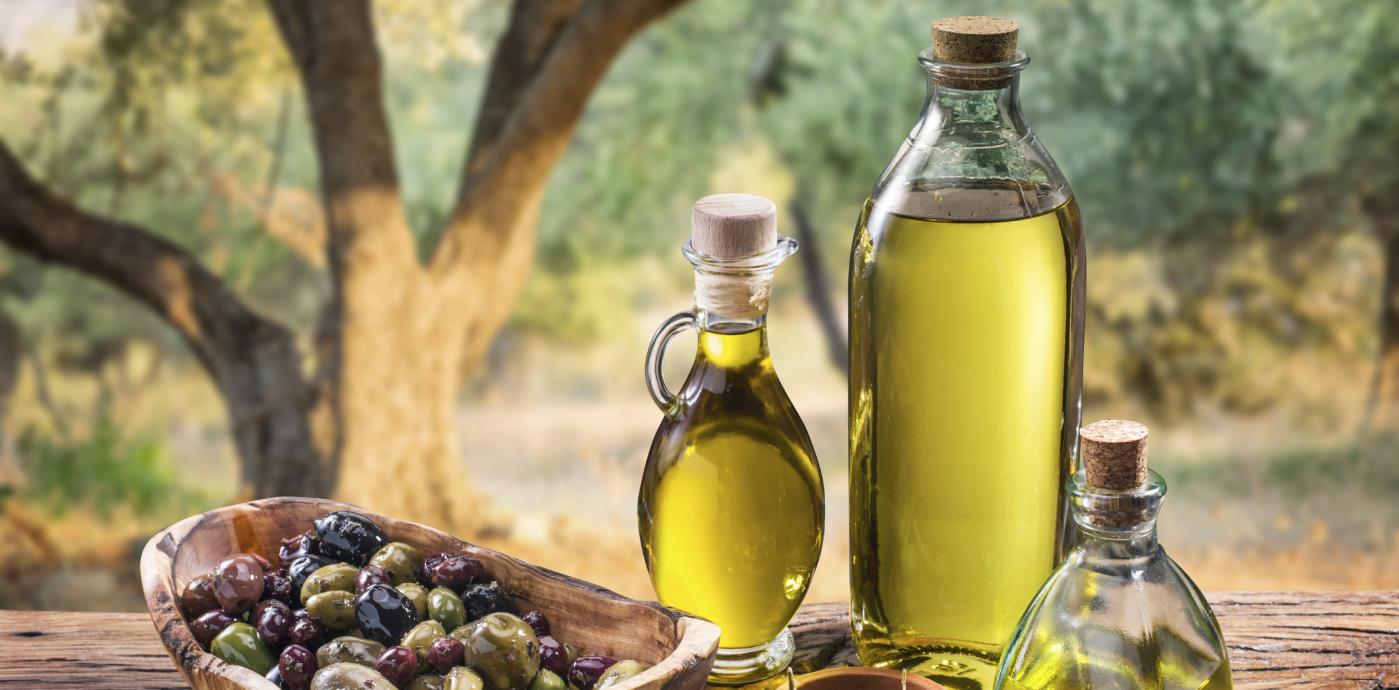Research from Spain backs up what your taste buds have known all along: sautéing vegetables in a little olive oil is preferable to boiling them. Scientists who cooked a variety of vegetables by different methods and then measured the vegetables antioxidants and phenols (health-promoting compounds) found that the presence of EVOO (Extra Virgin Olive Oil) in cooking increased the phenolics in the raw foods. Interestingly, adding olive oil to the water when boiling didn’t offer the same benefits as frying or sautéing in EVOO.
EVOO plays a key role in getting the most out of uncooked foods, too. Top your salad with fat-free dressing and your body won’t be able to access key fat-soluble vitamins like Vitamin A. A simple vinaigrette made with olive oil helps unlock all the goodness in your salad. Bonus: When your vegetables raw or cooked taste better, you’re more likely to want to fill up on them.

But why limit your enjoyment of EVOO simply to vegetables On an Oldways trip to Puglia, in the heel of the boot of Italy, we once had a multi-course tasting meal where every dish featured olive oil. We started with a fennel-citrus salad lightly dressed in olive oil, continued through soup, beans, meat, seafood, pasta, and greens, then finished with house-made ice cream drizzled with olive oil, paired with a delicate olive-oil cookie. Everything was delicious.
Olive oil is at the core of the Mediterranean Diet. In fact, some food historians define the Mediterranean Diet as the traditional eating patterns in areas around the Mediterranean Sea where olives are grown. Although study after study ands that the Med Diet’s health benefits come from the interplay of many food groups, olive oil is always part of the picture.
When it comes to choosing olive oils at the store, make sure to look for EVOO. EVOO is produced by mechanically crushing olives to separate the liquids from the solids, then further separating the liquids into water and oil. No heat or chemicals are used in this process, which is the starting point for EVOO.
EVOO then goes through testing. Global standards from the International Olive Council (IOC) include several lab tests for a certain level of acidity and other metrics, along with two sensory tests, performed by a trained olive oil taster. Various seals and certification programs attest that the oil has met these standards at the time its bottled
Oil that doesn’t qualify as EVOOeither because it didn’t meet the standards, or because it was further refined with heat and chemicals can still be found on store shelves, with names like light, extra light, classic, pure, or just plain olive oil. These choices will be less expensive than EVOO, but will likely have lower levels of the healthy compounds found in EVOO.
Even bottles labeled as EVOO can sometimes fall short of the standards. Olive oil is in fact a fruit juice the juice of the olive fruit and as such has a limited shelf life. Since exposure to heat, air, and light will degrade the quality of any olive oil over time, follow these tips for buying and storing your EVOO:
- Look for a best by date at least a year in the future. Most producers label their EVOO with a date that’s about two years after bottling; quality will be even better in the first year after bottling.
- Some brands also include a harvest date, providing an extra clue for freshness.
- Choose oils in dark bottles or tins, since light degrades the quality of EVOO.
- Buy only as much as you’ll use in about two months.
- Keep your EVOO in a dark cupboard away from the stove.
For inspiration in using EVOO in all kinds of Mediterranean dishes, check out our Mediterranean Diet menu plan!
This blog post was inspired by a recent Fresh Fridays, our bi-weekly newsletter. Click here to sign up to receive our next Fresh Fridays newsletter and never miss delicious Mediterranean recipes and cooking tips again.
Join the Make Every Day Mediterranean Club Facebook group for additional information and support.






